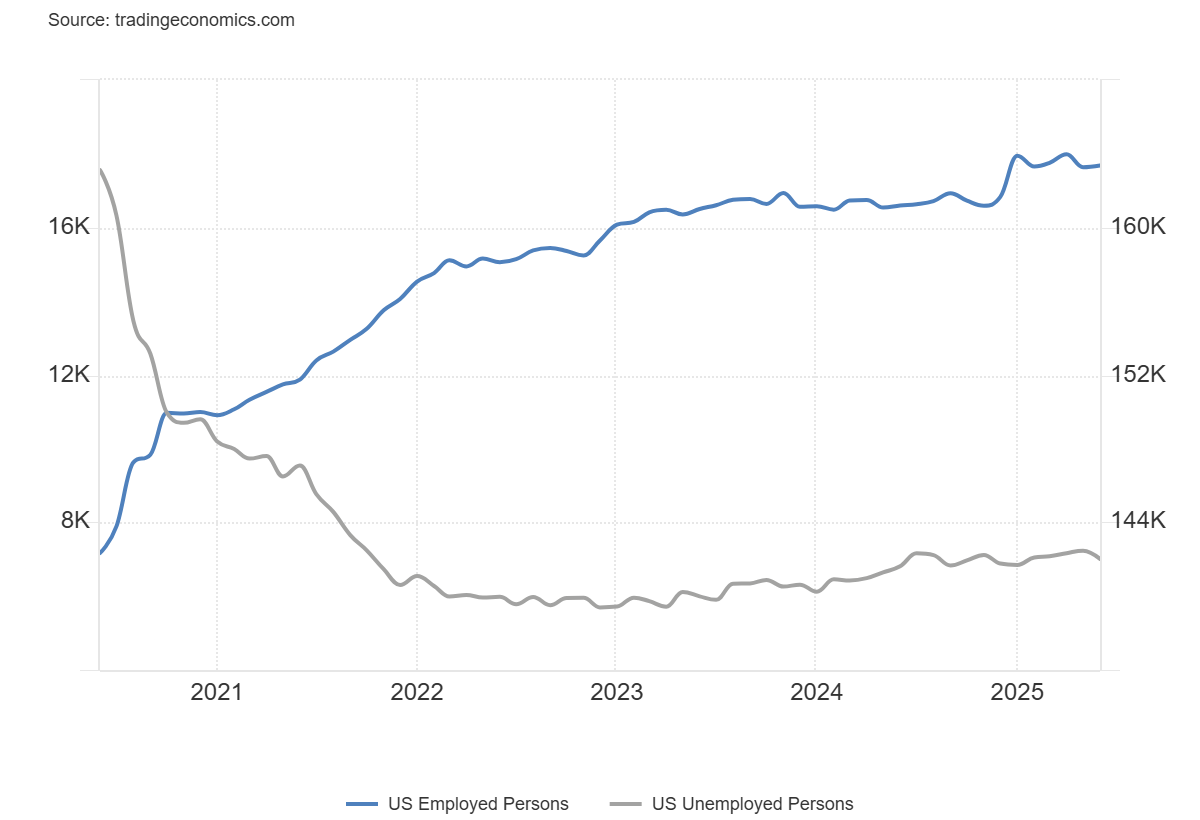The other day, I was sitting at my desk when my phone buzzed. It was a text.
According to the Florida Department of Motor Vehicles (DMV), I had unpaid traffic tickets. Apparently, the FDOT moved its HQ to the Philippines, based on the phone number from which the text originated.
If I didn’t act right that moment, well, it was going to be bad.
Real bad.
- DMV violation recording
- Vehicle registration suspension effective June 16
- Suspension of driving privileges for 30 days
- Referral to debt collection (with 35% additional fee)
- Potential court action and negative credit impact
I don’t know what number six might involve – and I don’t want to.
Thankfully, the fine people at the DMV gave me a link to click so I could pay my fine and avoid the litany of consequences.
So, I clicked the link…
No. I didn’t click the link.
Because I knew it was a scam.
And here is the very simple point of this article.
Never click the link!
If I thought that there was a possibility that I had unpaid traffic tickets, I would have looked up the appropriate agency and contacted them directly.
On a side note, there is no Florida Department of Motor Vehicles – or DMV as the text called it. The agency in Florida is the Florida Department of Highway Safety and Motor Vehicles (FLHSMV). Also, if I had unpaid fines, I would have to deal with them through the court.
I knew all of this, but even if I didn’t, I still wouldn’t have clicked the link.
Because you never click the link!
A Cautionary Tale
A lady in Olympia, Washington, clicked the link. She ended up getting herself tangled up in a gold coin scam.
Barb Putnam thought she was clicking a shortcut link to Facebook Messenger. According to a report by KING5 in Seattle, her computer went black. Then a pop-up appeared saying her computer was compromised, and she needed to call Microsoft Tech Support.
She did.
She shouldn’t have.
Of course, the guy on the other end of the line promising to “fix your windows” wasn’t tech support.
Putnam told KING5 that “tech support” filled her with fear.
“It’s like, ‘Oh my gosh, look how many people are hacking your machine. Look how many people are hacking your phone and have access. They’re listening. All these foreign people are listening to your phone calls.’”
The man told Putnam that hackers were using her IP address and social security number to buy child porn on the dark web. He told her to call her investment firm’s fraud department and report the incident. Of course, the scammers hijacked that call.
According to the news report, “The scammers began a campaign of fear, intimidation, isolation, and coercion. They convinced Putnam the only way out was to follow their direction: get her money into a government-protected account. She needed to liquidate her assets and buy gold coins. A courier would pick up the coins, and a U.S. Marshal would show up with a check for reimbursement.”
She followed the instructions, wiring her savings to an online gold dealer. Once the coins arrived at her home, Putnam handed them off to a courier. However, the U.S. Marshal who was supposedly going to bring her a reimbursement check for the gold never showed up.
Shocking.
Putnam lost over $300,000. At today’s gold price, that’s about 89 ounces of gold.
“It’s taken my safety net. I worked 40 years to have that safety net and now it’s gone.”
Putnam bemoaned the fact that her bank and investment firm didn’t do more to deter her. U.S. Bank initially refused to transfer the $300K to the coin company, but she went into her local branch and they initiated the transfer “without many questions asked.”
“I don’t understand how that was not caught and flagged [at the bank],” her daughter told KING5. “It’s mind-boggling to me that it was allowed to proceed at the pace it proceeded at.”
You can understand their frustration. On the other hand, it is up to each one of us to be vigilant.
And as I’ve already advised, don’t click that link.
On another side note, have you noticed scammers love gold?
That’s because its value is recognized around the world. You can’t spend dollars everywhere, but everybody wants gold.
Gold is also difficult to track because it is a physical, tangible thing you can hold in your hand.
I doubt the scammers are thinking about this, but receiving their ill-gotten gains in gold also shields them from the relentless depreciation of fiat currencies. If you’re going to work that hard on your scam, you don’t want price inflation eating away at your wealth.
Of course, gold is good for honest working people as well, for many of the same reasons.
Anyway, don’t forget: don’t click that link.
Read the full article here







Leave a Reply